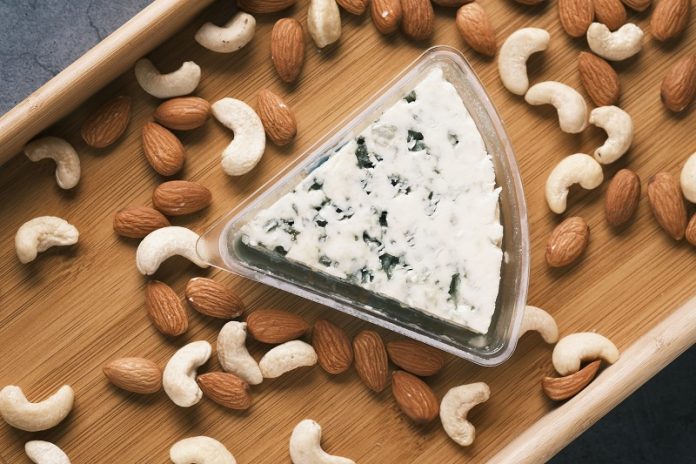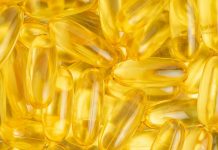
Scientists from Deakin University and elsewhere found that intake of high-fat dairy foods may help lower depression risk.
Depression is more than just feeling down or having a bad day. When a sad mood lasts for a long time and interferes with normal, everyday functioning, you may be depressed.
The evidence on the association between dairy intake and depression is conflicting.
There are numerous dietary guidelines that recommend the intake of low-fat dairy products.
In the current study, researchers aimed to examine associations between total dairy, high-fat dairy, and low-fat dairy intake and depression risk.
Associations between dairy products, which differed in both fat content and fermentation status, and depressive symptoms were also examined.
The researchers tested 1600 Finnish adults recruited as part of the Kuopio Ischaemic Heart Disease Risk Factor Study.
Their dairy intake was assessed using 4-day food records.
Elevated depressive symptoms were defined as having a score higher than 5 on the Diagnostic and Statistical Manual of Mental Disorders-III Depression Scale, and/or regularly using one or more prescription drugs for depressive symptoms.
The team found that in total, 166 participants reported having elevated depressive symptoms.
Intake of high-fat dairy products and high-fat non-fermented dairy products were linked to lower risks of having depressive symptoms.
There was no strong association between intake of total dairy, low-fat dairy, or other dairy products, and depressive symptoms.
Based on the findings, the team concludes that a higher intake of high-fat dairy and high-fat non-fermented dairy products may help reduce the risk of having elevated depressive symptoms in middle-aged and older Finnish adults.
Given the high global consumption of dairy products and the widespread burden of depression, the team suggests further studies that seek to confirm these findings are needed.
The research was published in the European Journal of Nutrition and conducted by Meghan Hockey et al.
Copyright © 2023 Scientific Diet. All rights reserved.








